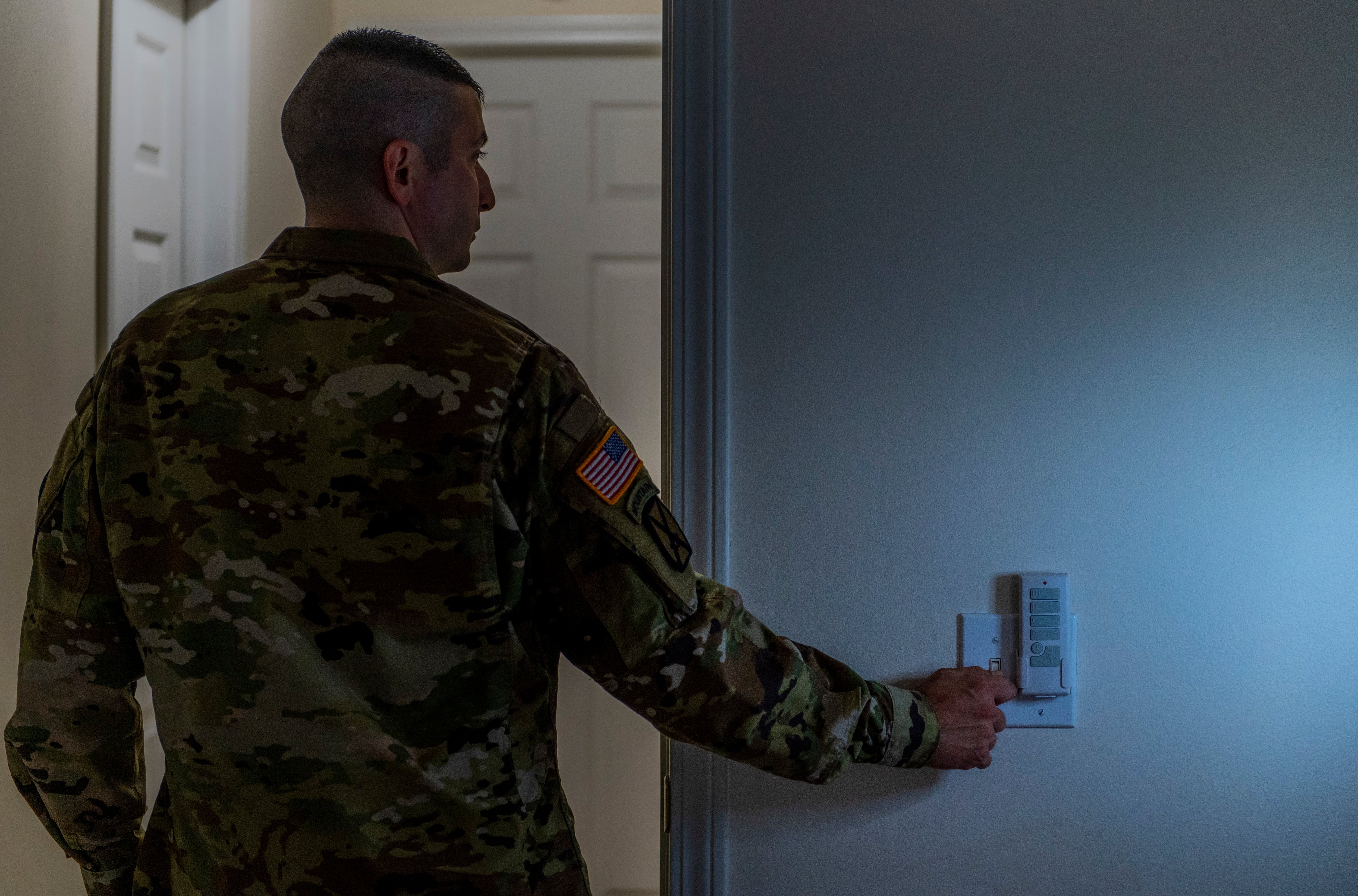Editor’s note: This story has been updated with comments from the Department of Veterans Affairs.
A panel of judges denied a request from Veterans Affairs Secretary Doug Collins to pause the work of the court that handles appeals for veterans seeking disability compensation while the federal government is shut down.
Collins asked the U.S. Court of Appeals for Veterans Claims on Oct. 24 to stop the proceedings of nearly all cases on appeal. He said the department is set to run out of funds for the work after Oct. 28, and attorneys handling the claims don’t meet the criteria for working during the shutdown.
The court’s nine-judge panel, led by Chief Judge Michael Allen, denied the request, calling it “significant and extreme.”
“The Secretary has failed to demonstrate that such sweeping relief is appropriate at this time,” the judges wrote in a decision issued Wednesday.
VA officials said Friday that Collins made the request to the court to ensure that the department complied with the Anti Deficiency Act during the shutdown. The law prohibits federal agencies from spending federal funds beyond what has been appropriated by Congress.
Press Secretary Peter Kasperowicz noted that former VA Secretary Eric Shinseki made the same request under the Obama administration during a shutdown in 2013, adding that the court ruled favorably for the VA at the time.
“VA will comply with the ruling and make the necessary personnel work without pay during the Democrats’ government shutdown to adjudicate all pending cases,” Kasperowicz said.
Approval of the motion would have further delayed claims decisions for veterans who already have waited years for answers, according to Carter Templeton, an attorney for the University of Michigan School of Law who handles veterans’ claims cases through the Missouri Veterans Law Clinic.
“Essentially, every single case was going to be halted, and those cases were not going to be adjudicated, which means that veterans who have a case at the court and have benefits they’re seeking at the court, were going to essentially be paused,” Templeton said during an interview Thursday. “It was going to entirely delay their ability to receive a decision on their claims.”
In the department’s request, filed by VA General Counsel James Baehr, the agency acknowledged that “delaying these Veterans cases due to a lack of resources is undesirable.”
But, Baehr wrote, the lapse of funding for the department’s Office of General Counsel will preclude its staff from “performing the official functions necessary to satisfy the Court’s filing deadlines in most of the cases currently pending.”
During the shutdown, which began Oct. 1, most federal workers were placed on furlough, while others who are considered “essential employees” are working without pay. Essential employees are those whose work has been designated as necessary to protect life and property, including national security, law enforcement, medical care, air traffic control and more.
Collins said employees who work in the Office of General Counsel’s veterans claims litigation group would “generally not be deemed ‘excepted employees’” from furloughs.
The judges disagreed.
“The court has determined that its judicial review of veterans benefits is an excepted function that continues not withstanding a lapse in appropriations,” they wrote.
Templeton said the way the judges’ ruling was written, the VA can reconsider whether its attorneys meet the criteria for employment during the shutdown, or it can file another motion using different justifications for requesting a stay on the cases.
If the request had been granted — or a future motion is filed and approved — it would “grind the entire appellate system at the court to a halt,” Templeton said.
“There’d be veterans who are currently on the docket who would not be getting decisions, who would not be litigating their case, and it would just essentially sit there, and they’d be waiting even longer for a decision,” Templeton said.
The Court of Appeals for Veterans Claims considers roughly 15,000 cases each year. According to the court, the median time for a claims appeal to be considered by the court was 222 days in fiscal 2024. That year, the court had 429 cases that lasted longer than 18 months.
Paul Sullivan, a veteran of the 1990-91 Persian Gulf War and national vice-chairman of the advocacy group Veterans for Common Sense, expressed relief that the judges ruled against the request.
“President [Donald] Trump and VA Secretary Collins tried to prevent veterans from obtaining our earned VA benefits and care by denying veterans their day in court,” Sullivan said. “If VA had prevailed with their despicable plan and stopped all court hearings for disability claim appeals, then as many as 15,000 veterans would have faced indefinite delays for their VA disability benefits, and in some cases their VA care for battlefield wounds, toxic exposures, and psychological trauma.”
Patricia Kime is a senior writer covering military and veterans health care, medicine and personnel issues.





